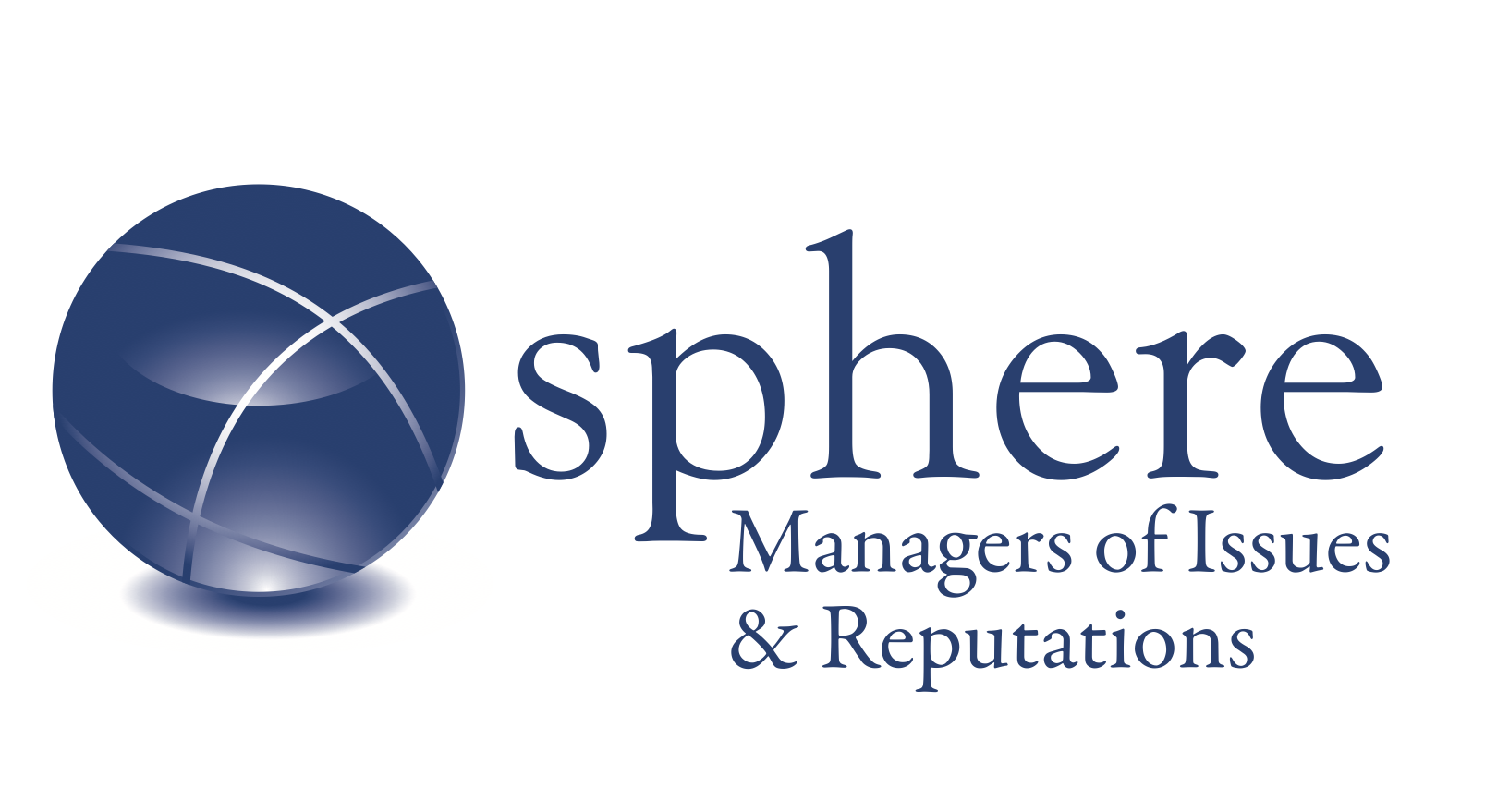30 Apr
2018
Trump Has This Town to Himself, with Korea, Trade Wars and Iran on His Mind
- Good morning! Congress is out of town for a week as members return home to campaign – something they will be doing at least one out of every four weeks until the November midterm election. The Supreme Court is finished hearing arguments for the term, so now we just wait for several important decisions expected between now and July – on whether anti-discrimination laws outweigh religious beliefs, whether a warrant is needed to collect historical cell phone records, and if states can enact online shopping sales taxes, among others. Stay tuned.
- President Trump is in town and will meet on Monday with the President of Nigeria, the first African leader to visit the White House this term. But much of Trump’s attention this week is likely to be on North Korea as his administration tries to puzzle out whether Kim Jong Un is serious about giving up his nuclear weapons. No timetable has been set yet for a meeting between Trump and Kim, but when it happens it’s likely to be the biggest test yet of the president’s negotiating prowess.
- Last week’s summit between North and South Korea will be the subject of study on Monday at the Stimson Center, which hosts “An Assessment of the Inter-Korea Summit: Views From South Korea, U.S. and China.” And on Tuesday, the Carnegie Endowment for International Peace examines “Denuclearizing North Korea: Practicalities and Politics.”
- Another measure of President Trump’s deal-making ability could come this week as he mulls whether to continue to abide by the Iran nuclear deal or to pull the U.S. out of the multi-nation accord. Both French President Emmanuel Macron and German Chancellor Angela Merkel brought possible compromises with them when they visited last week, but afterward Macron said he still expects the U.S. to withdraw. On Thursday, the Heritage Foundation takes a look at the pact with “Will the Iran Nuclear Agreement Be Ended or Mended?”
- Tuesday is the deadline for President Trump to decide on which countries might get permanent exemptions to steel and aluminum tariffs. Macron and Merkel raised the issue with Trump last week, but they have apparently lost hope. Speaking with British Prime Minister Theresa May over the weekend, the European leaders talked about enacting retaliatory tariffs if the E.U. doesn’t receive an exemption.
- The Federal Reserve’s Open Market Committee will meet Tuesday and Wednesday, and although there is unlikely to be any move on interest rates, financial markets will be closely watching the tenor of the statement that the Fed releases Wednesday afternoon. The minutes from the March meeting showed that several Fed officials thought trade tension between the U.S. and allies might make higher rates necessary.
- Secretary of State Mike Pompeo, on his first overseas trip in that position, was in Saudi Arabia over the weekend, where he told the Saudis to lighten up on Qatar, the subject of an embargo by four Arab nations. President Trump previously had been supportive of the boycott, but the administration has grown concerned that the discord has allowed Iran to strengthen its influence in the Gulf region.
- “Infinity War” grabbed the title of biggest-ever box office opening both in the United States and worldwide over the weekend. But the half billion dollars it took in is a drop in the bucket when compared with the cost of the real Infinity War, the U.S.’s ongoing conflict in Afghanistan and Pakistan. Journalist Steve Coll, who has written extensively on the conflict in Af-Pak, on Monday will host “A Conversation on Directorate S: The CIA and America’s Secret Wars in Afghanistan and Pakistan,” at the Johns Hopkins School of Advanced International Studies.
- Two events on Tuesday take a close look at America’s role as the world’s leading democratic nation. First, at the Brookings Institution, a panel of authors who have written on the state of the nation discuss “Democracy’s Resilience: Is America’s Democracy Threatened?” And later in the afternoon, the Institute of World Politics looks at “America’s Role In An Increasingly Dangerous World: Are We Ready to Lead?”
- A humanitarian crisis is looming in Venezuela, where widespread shortages of food and basic goods have led to runaway inflation and an exodus of citizens to neighboring countries, which are straining to wrestle with the situation. Two events on Thursday size up the crisis, as the Inter-American Dialogue hosts “Inside Perspectives on Possible Scenarios in Venezuela,” and the American Enterprise Institute leads “A Discussion with Ambassador Carlos Trujillo on President Trump’s Strategy in the Americas.”
